How does one take steps toward a purposeful and meaningful life?
I have learned and relearned the lesson that there is a difference between a life that is busy and a life that is full.
Meditation and setting priorities help me find ways to a meaningful life.
When I feel like my life is too busy, I make lists. I make all kinds of lists: To-do lists, grocery lists, what to pack when we go on vacation lists, and many more. List-making helps me feel less overwhelmed. It helps me become more organized. But then I begin to feel even more overwhelmed with the busyness of my life. The endless lists fill my mind with the should’s and have-to’s. I tell myself I should call a person I haven’t spoken with for a while; should pay the bills and make an appointment to see the dentist. I should stop and talk to my neighbor and not rush by in a hurry. And if I’m not careful, life can lose meaning and purpose.
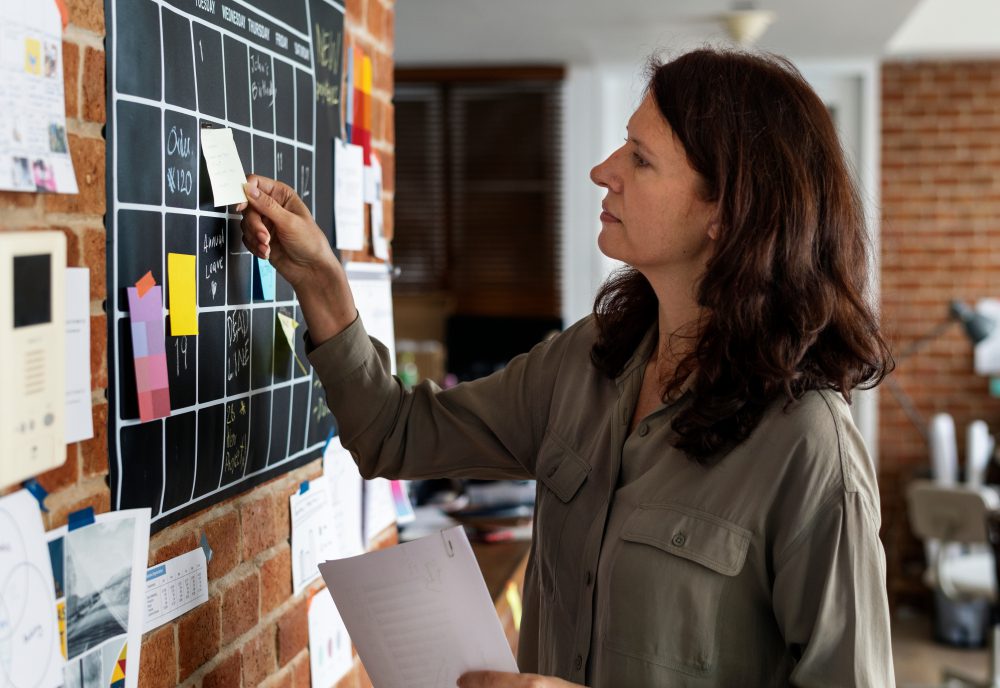
However, when I realize that my life is full, I do not keep track of what needs to be done by making lists. When my priorities are clear, I am in touch with what seems most essential in how I approach life. And, I seem to intuitively know, what I should be doing at any moment. I am more present, and life, while still full, is much easier to navigate.
How many things can be a priority in my life?
Of course, there is more than one thing that is important to me. I value my family, and friends, the health of those I love, and having time to do creative work. All of these are centrally important to me and are my priorities.
For example, if I am faced with a choice to spend time with my grandchildren or to begin a knitting project, even though I care about both, my priority is to be with my grandchildren. In this example my choice is clear. I choose to respond to what is most important to me.
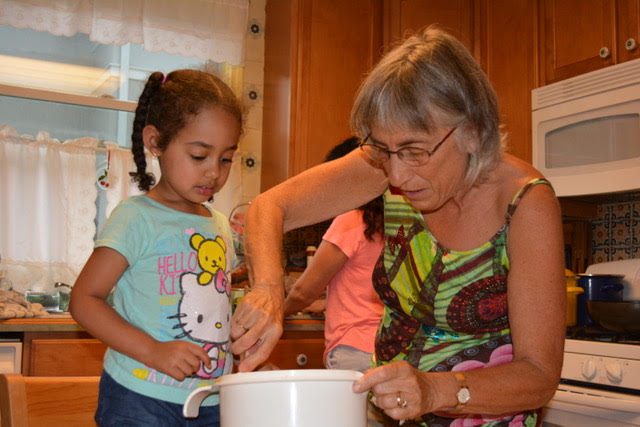
In some situations, making that choice does not come as easily. For example, I look forward all year to our summer vacation at Cape Cod. Spending time there is one of my priorities. But going away for a few weeks means that I will not be seeing my clients for their therapy sessions. Having a break and tending to my clients are both priorities – both are important, but it takes a little more thoughtfulness in making the decision between the two.
How I set priorities to create a meaningful life
I decide to meditate on both ideas, and I am able in that quiet space to see how my choice can be of benefit to both me and my clients. In the end, I choose to go away for an amount of time that does not pose insurmountable difficulties for my clients. I also let them know I am available by Zoom or phone. In that way, I stay available to their needs and at the same time, I become renewed and energized and can return to my clients with new energy to help them.
As I am exploring the idea of living a full and meaningful life instead of simply a busy one, I am recognizing the importance of prioritizing – not in the didactic way of before, where making endless lists is a strategy, but rather, taking time to really explore what it important to me in my life.
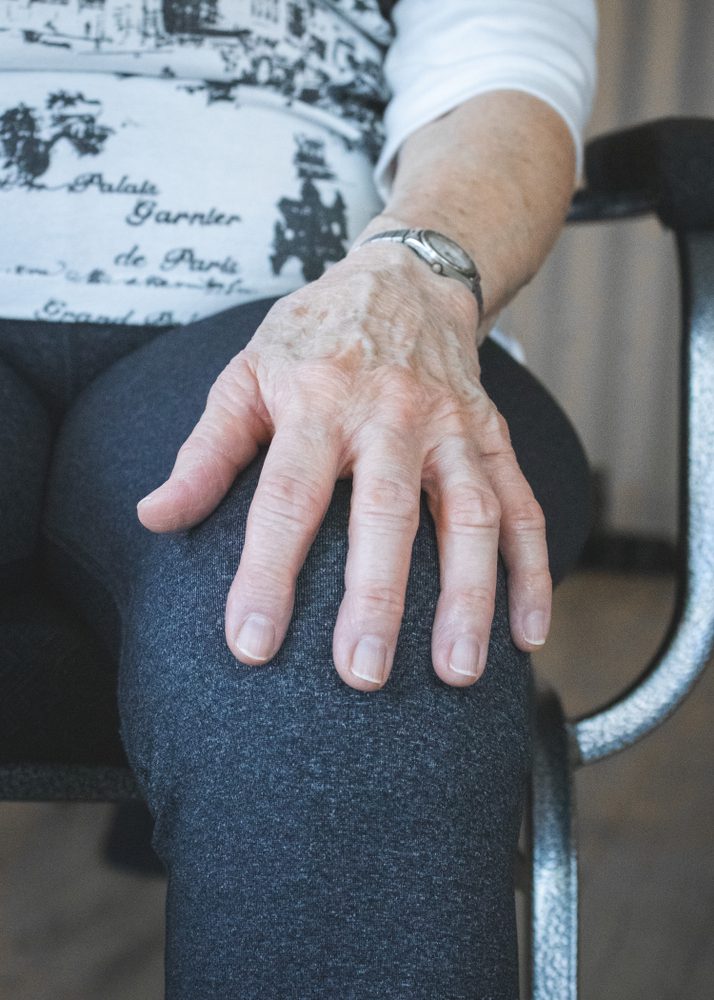
For me, part of that exploration is setting my first priority – time with my inner self. Developing a habit of meditating is a priority, and also a commitment to try to live connected with what I am meditating about.
How Meditation helps me to prioritize
Meditation is not an end in itself but is an orientation toward how I try to live a full life that is constantly moving and changing and is sometimes messy with layers of complication.
Since I’ve made the practice of meditation a priority in my life, I am able to reach good and thoughtful decisions without much effort.

Like the other priorities in my life, the practice of meditation is not a should or a have-to. Meditation is a practice that I choose to do. It is a priority that helps me in how I approach living – it helps me to be aware and stay in touch with what is present and meaningful in the moment.
The daily practice of meditation supports me in working to stay awake to life, being attentive to feelings my actions may elicit in myself and others, and paying attention to how small actions can make a big difference. So, when I choose to spend time with my grandchildren instead of starting a new knitting project, I can see through my meditation that when I do get to work on my knitting project, it will have an extra richness because I have the memories of the time with my grandchildren to keep me company as my fingers work the yarn, and it becomes a delicious double layer of joy.
Meditation brings an intention of awareness and love that underpins all other areas of my life.
How do priorities fit into a life that can be in constant movement and can be messy?
Take an example from my life; during the recent holidays, different family members came to be with us. And, as my family is a priority for me, I love having them around. However, I am an introverted person. I revel in quiet, alone time. Even though I love being with my family, after some time with them, I begin to feel inundated by other people’s needs – not because of what others do or ask of me, but because of my inner response. Partly, this happens because I take it upon myself to feel it is my job to make everybody happy. This attitude of mine adds layers of complication and messiness.
But, because I have made meditation a priority in my life, it has helped me navigate these moments by influencing the effect of how I interact with others. I meditate on a real issue that is happening in my life. I meditate about how I can express love through interactions with members of my family, without assuming I know what others need, that I know best how to help them or that I can make them happy. Recognizing these tendencies and being mindful of my habits through meditation has made my holidays much more enjoyable for me, and, for my family.
How does meditation help me stay connected to my priorities for living a meaningful life?
Like all priorities, a significant determinant of a daily practice of meditation is choice. I choose to meditate. No one is making this choice for me. No one monitors my daily practice or makes me meditate.
Because meditation is a priority in what I find meaningful in my life, I feel committed to meditating; in the same way that I am committed to my other priorities.
The commitment is not only to the practice of meditation but to what meditation is all about.
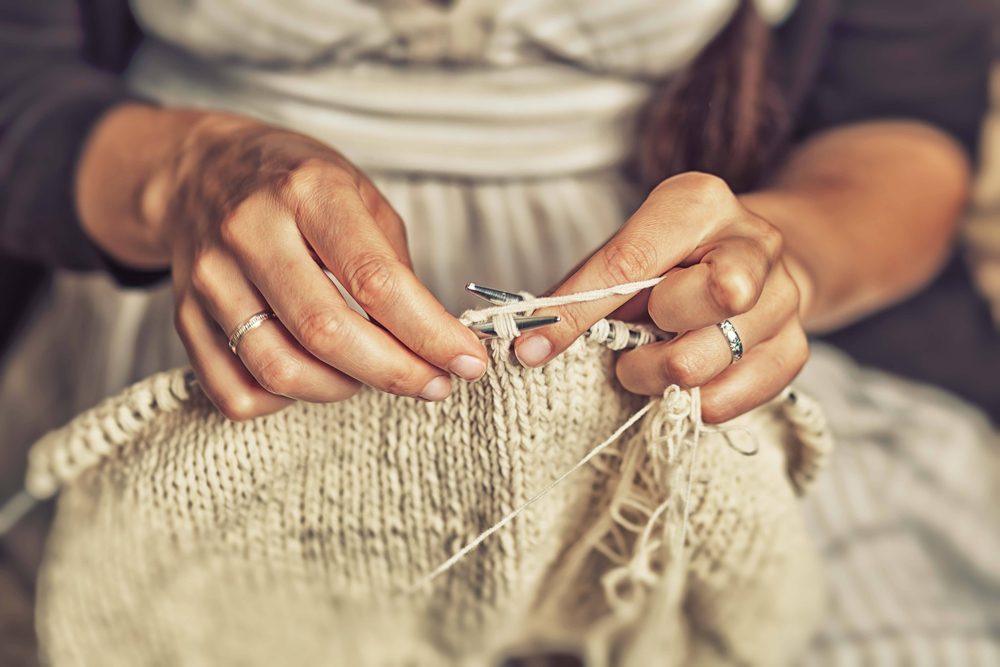
Each person may define why they meditate in a different way. For me, meditation is necessary to try to live life as the fullest human being I can be; someone whose context expands far beyond myself and is oriented by an intention to live with love.
How can meditation become a habit in how I live a meaningful life?
To be clear, that does not mean that I don’t have mornings when I don’t feel like taking the time to meditate or tell myself I am not in the mood. In fact, I have had periods when I feel less than enthusiastic about meditating. I can be very capable of closing my mind to what I told myself is a priority, and tell myself I don’t have time to meditate or what does it matter if I don’t meditate this morning.
However, when I don’t make meditation a priority, I notice that my other priorities are also challenged and the cycle of a busy life instead of a full and meaningful life begins.
Another lesson I have learned over and over again is that if my priority is to do my best to live a life that is meaningful, it really doesn’t matter if I feel like I have the energy to meditate or tell myself I am too busy, the most important thing is that I sit down and meditate. In this way, meditation becomes a habit, like brushing my teeth and the benefit ALWAYS outweighs the effort. It almost becomes a positive feedback loop.
Why is it important to live a meaningful life?
Without just philosophizing about how to live with a broader awareness and an intention to care about others, I want to make an effort to actualize that possibility.
A simple illustration of developing a meaningful habit: My husband and I live with our 4-year-old dog, Ruby, in a suburb north of Chicago. Over the past few days as winter storms moved through many parts of the US, we experienced several consecutive days of below-zero temperatures. For those few days, it was too cold to take Ruby for our daily morning walk. That level of cold was not good for her.
Without our habitual walk, I felt as if something was missing. I look forward to our walk. Our walks have a quiet, peaceful tone. Ruby sniffs whatever catches her attention. I walk along sometimes in an observant state of mind, other times peaceful and contemplative, or sometimes daydreaming. As we make our way up several blocks and around a beautiful park, our walk includes Ruby’s playful encounters with other dogs and my quick morning greetings or wave of the hand to the local shopkeepers.
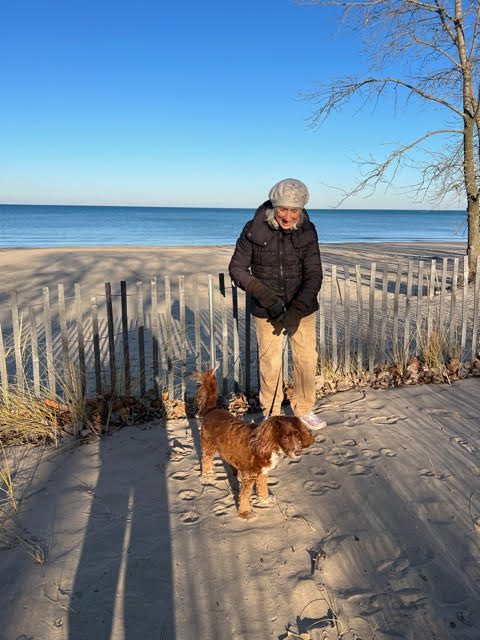
Those simple greetings with neighborhood regulars in a world that is too frequently anonymous and indifferent to each other’s existence is a small delight. I can’t be certain, but I think Ruby experiences pleasure in our daily routine too.
Why it matters?
The similarity of our morning walk with meditation is that both practices are simple acts and regular habits that set the tone for the day. Each practice is a priority because I value them as necessary for reinforcing an open, observant, receptive state of mind. Both the habit of walking and meditating are satisfying. And, both habits help put my life into a larger context by placing my personal life as part of the life of others.
How does meditation address the question of what is most important?
I think answers to this question are subjective depending on the individual. I will share how I answer that question. What I feel is most important is not my answer to this question, but how you, the reader, connect the dots between meditation and what is most essential in your life. I give my answer as an illustration.
In my experience, the social-historical time as well as the age I was when I learned about meditation were significant. Fifty years ago there was a particular tenor to the times — a time of social-political unrest and a time of questioning the dominant values in society. I felt a strong connection with what was referred to as the counter-culture – individuals longing to find a way of living that was meaningful. Other values were emphasized – alternatives to materialism, acquiring wealth and prestige but instead living with a consideration of the worth of every individual and wanting to live in a way that made the world a better place for everyone.
At that particular time, my husband and I participated in a meditation workshop. We were in our young 20’s – a developmental stage of finding what are the core values in an individual’s identity. Happening upon a practice of meditation at a particular social-historical time and at specific age fit easily and snugly into what we wanted for our lives.
What is important to you?
I often wonder how does a young person in their 20’s or 30’s or 40’s experience life in today’s world? Sometimes, I wonder what must it be like to be a young person with abundant resources available to some and barely anything for others. Knowing the horror I feel when I hear news reports about the proliferation of gun violence in the U.S. and war and genocide in different countries, I wonder what is the experience for someone beginning to create a life with a partner or on their own when they listen to news reports. I don’t know the answers to those questions. But I’m hopeful that enough younger people who are seeking a more meaningful life can find the tools to help them stay dedicated to that life.
To love the questions as well as the answers
One of my favorite quotes is by Rainier Maria Rilke. To paraphrase, he writes: it is important to love the questions as much as the answers. I find solace in his words, maybe because I have many more questions than I do answers. Or maybe it’s because I love that questions can point to a direction that leads to a discovery of what is unknown. Not knowing is not a bad thing. At times it may be a little anxiety-producing, but also it can open the door to wonder and mystery.
What are questions that younger people are asking today? Is the question of what is meaningful or what are one’s priorities relevant? One question often seems to lead to another, which leads me to my next question. . .
Why Meditate?
When you think about wanting to learn to meditate, it can be helpful to ask the question why do I want to meditate? Your response to that question can give a sense of what is important or what is a priority for you in how you live.
In our culture, in a daily life of high demand, with the expectation for output and production, and sometimes difficult relationships, I can feel the strong need for peace, calm, and a diminishing of stress. Does meditation provide a way of destressing? In my view, yes and there is also more to meditation than that.
I always remember: there is a difference between a life that is busy and a life that is full.
Consider this. What if the practice of meditation opened you to a less frequented inner space where essential questions arise? In an inner still/quiet space where you can hear a different order of questions – not what should I make for dinner or when can I find time to call my child’s teacher – but questions such as: What do I care about? How do I want to live? Is there something beyond myself? What is most meaningful in life?
There is no one size fits all answers to these questions, although there are common human concerns. Concerns about what it means to live with love as an attitude toward life, how to live a purposeful and meaningful life, how to live awake and not half-asleep, and how to listen wholeheartedly to another. Such concerns are dynamic and not static and not well suited to being added to a to-do list. They can lead to determining what are your priorities in how you approach life. Contemplating these concerns can inspire you to set new priorities and new habits, which can add richness and deep meaning to your life.
About the Author(s)
Allegra Magrisso is a social worker, therapist, long time meditator, mother and grandmother.





